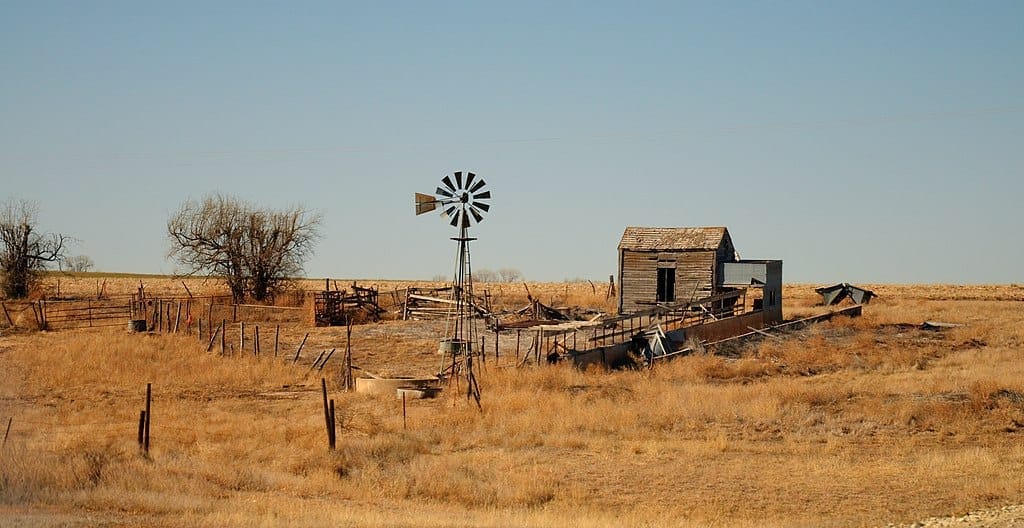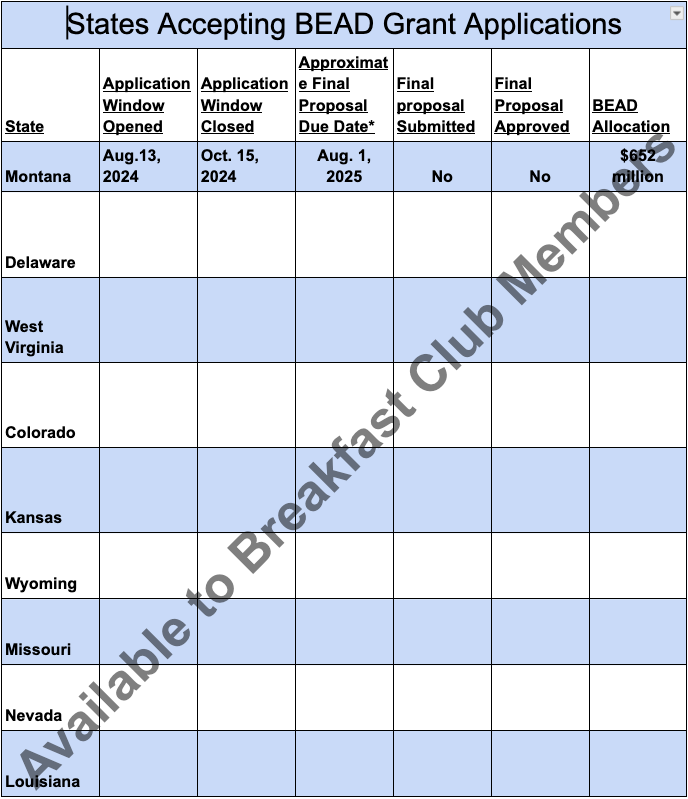Kansas Set to Open BEAD Grant Application Window for Internet Expansion
With $451.7 million from BEAD, the state expects to reach all unserved and underserved areas.
Jericho Casper

WASHINGTON, Oct. 3, 2024 – Kansas will soon begin accepting applications for its portion of the $42.45 billion Broadband Equity, Access, and Deployment program.

Starting on October 21, the Kansas Office of Broadband Development will open the application window for $451.7 million in funding allocated to expand high-speed internet access to unserved and underserved areas across the state.
Kansas becomes the fifth state to announce its BEAD application window, joining Montana, Louisiana, West Virginia, Wyoming in the national effort to close the digital divide.
The BEAD program, part of the federal government’s Internet for All initiative, is focused on ensuring all Kansans have access to reliable, high-speed broadband. KOBD has identified 403 project areas covering 52,343 locations in need of broadband expansion.
Kansas anticipates having the necessary funding to fully cover the state’s unserved and underserved areas. Additionally, the state will allocate 1.5% of its BEAD funds for workforce development before awarding broadband infrastructure grants. This proactive step aims to build the workforce required to support rapid broadband deployment statewide.
“My administration is dedicated to making Kansas a top 10 state for broadband by 2030,” Kansas Gov. Laura Kelly (D) said Monday. “With this historic investment, we’re not only connecting communities and businesses across Kansas, but we’re also setting the stage for long-term growth in education, healthcare, and our workforce.”
Applications for these projects will be evaluated based on cost-effectiveness, consumer affordability, fair labor practices, technology, speed to deployment, and community engagement, Kelly said.
One key requirement for applicants under the BEAD program is to offer a low-income broadband plan. After deliberation, KOBD mandated that participating providers keep their low-income plan at $30 per month for two years rather than five, with inflation adjustments allowed for the next three years.
“This is a historic moment for Kansas,” said Joseph Le, interim director of KOBD. “By leveraging the BEAD process, we are unlocking opportunities that will benefit both current and future generations. Kansas is sending a clear message: We are future-ready.”
All final grant award decisions will be submitted to the Commerce Department for approval before projects can commence. Leading analysts predict that BEAD grants will begin to flow by 2026.
The first round of funding applications in Kansas will open on Oct. 21 and close on Dec. 5.









Member discussion